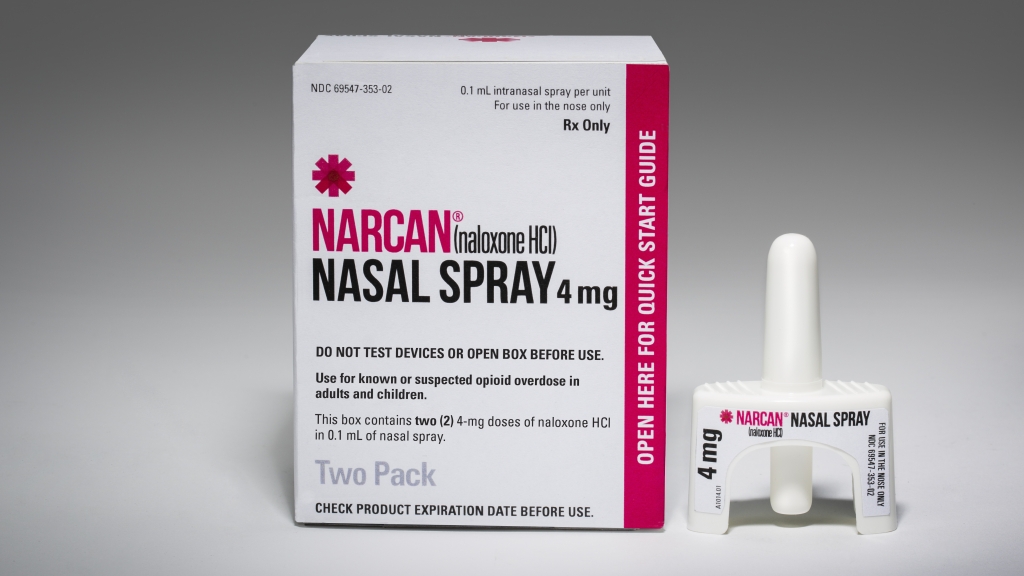As part of on-going efforts to reduce the harm of heroin use, the Northern Kentucky Health Department is now offering free naloxone kits to the Northern Kentucky community through its county health centers.
The overdose reversal kits will be available at the following days, times and locations:
● Tuesdays from 9 a.m. to noon at the Boone County Health Center, 7505 Burlington Pike, Florence, Ky. 859.363.2060.
● Wednesdays from 1 to 4 p.m. at the Campbell County Health Center, 1098 Monmouth St., Newport, Ky. 859.431.1704.
● Wednesdays from 1 to 4 p.m. at the Grant County Health Center, 234 Barnes Road, Williamstown, Ky. 859.824.5074. Note: The syringe access exchange program is also offered during this time.
● Fridays from 9 a.m. to noon at the Kenton County Health Center, 2002 Madison Ave., Covington, Ky. 859.431.3345.
Those interested are encouraged to call the health center to schedule an appointment and avoid a wait, but walk-ins will be seen on a first-come, first served basis.

The kits include two doses of nasal spray naloxone and a pamphlet with directions on how to use it, as well as information about treatment resources including the Northern Kentucky Addiction Helpline (859.415.9280).
Before receiving a naloxone kit, individuals will receive a 10-to-15 minute training from a Health Department nurse. The naloxone kits will also be made available to existing Health Department clients when they come in for other services.
Funding for the naloxone kits was provided by the RC Durr Foundation and the Northern Kentucky Agency for Substance Abuse Policy.
In 2015, a total of 156 people died of heroin overdoses in Boone, Campbell, Grant and Kenton Counties, according to the Kentucky Office of Drug Control Policy.
“The Health Department and our partners in the Heroin Impact Response Taskforce are continuing to work on long-term solutions to the heroin epidemic in Northern Kentucky. But as overdoses related to fentanyl and carfentanil rise in our community, we also need to react to the immediate crisis,” said Lynne M. Saddler, MD, MPH, District Director of Health. “When administered after an overdose, naloxone can counter-act the life-threatening effects of opioid drugs and keep individuals who have overdosed alive until emergency medical help arrives. Naloxone is safe to use, having no effect if a person does not have opioid drugs in his or her system. The more members of our community who are equipped with naloxone, the more overdose deaths we can prevent.”
Besides the county health centers, naloxone is available to community members through People Advocating Recovery. Many local pharmacies offer kits without a prescription, and costs may be covered by health insurance.
For more information, visit http://www.nkyhealth.org/heroin-response.aspx.
















